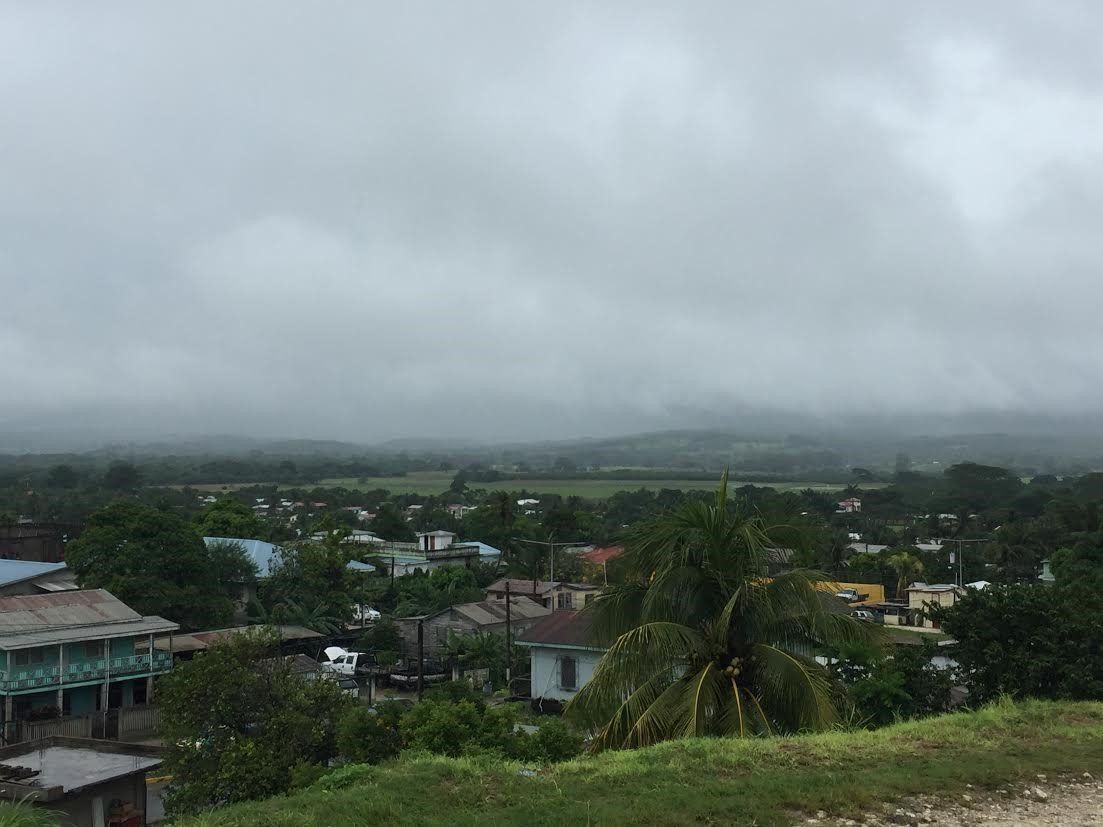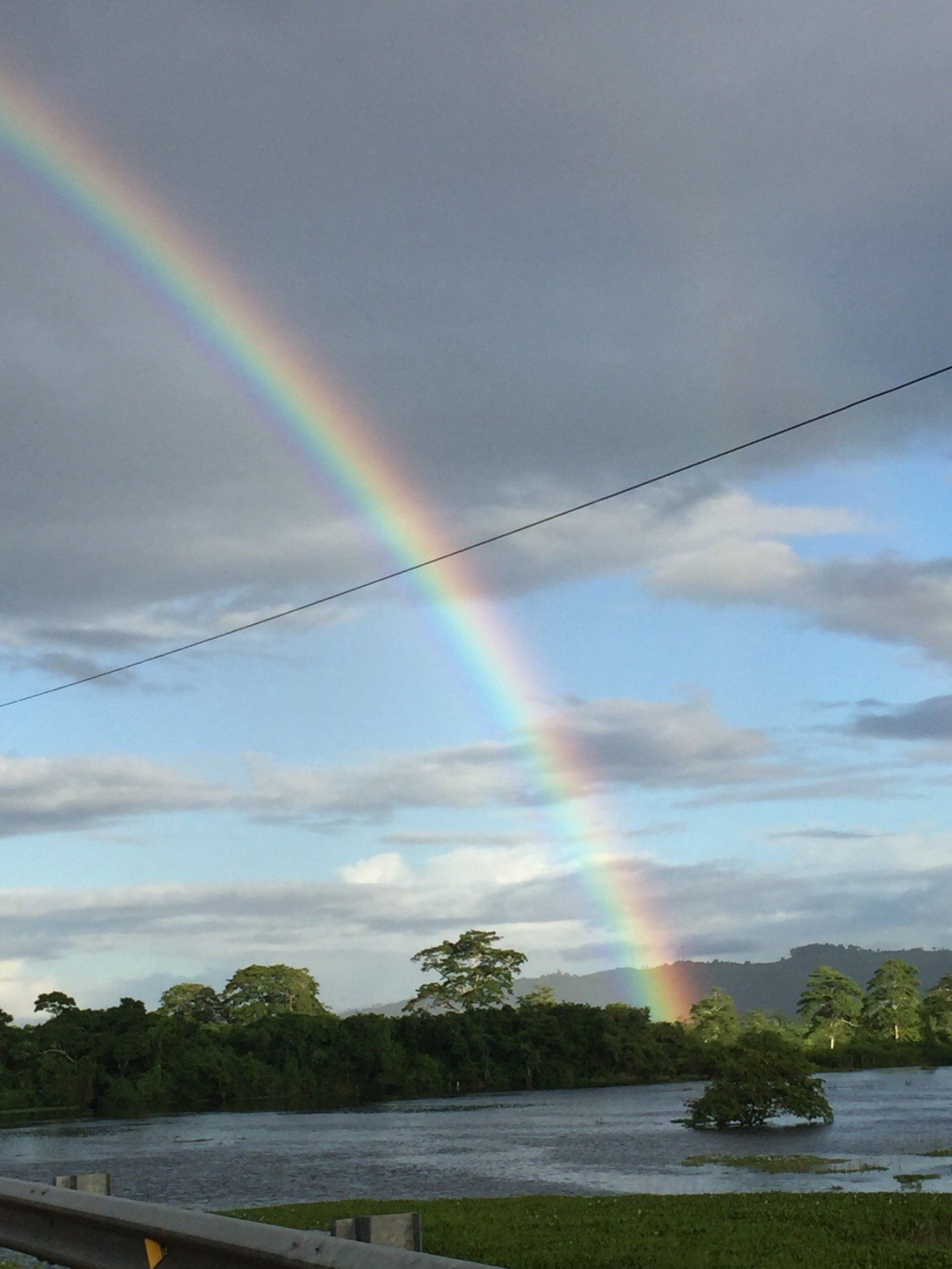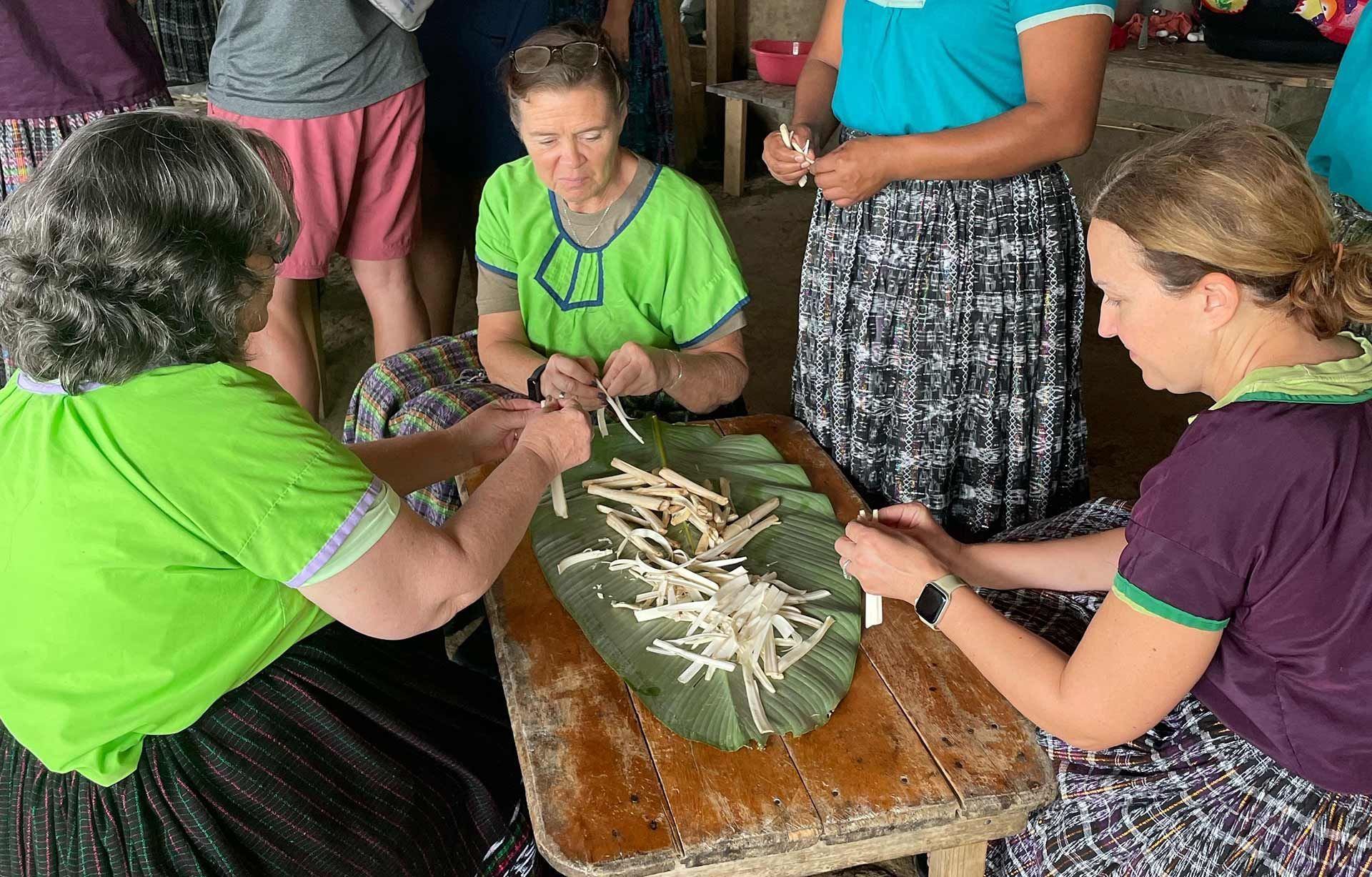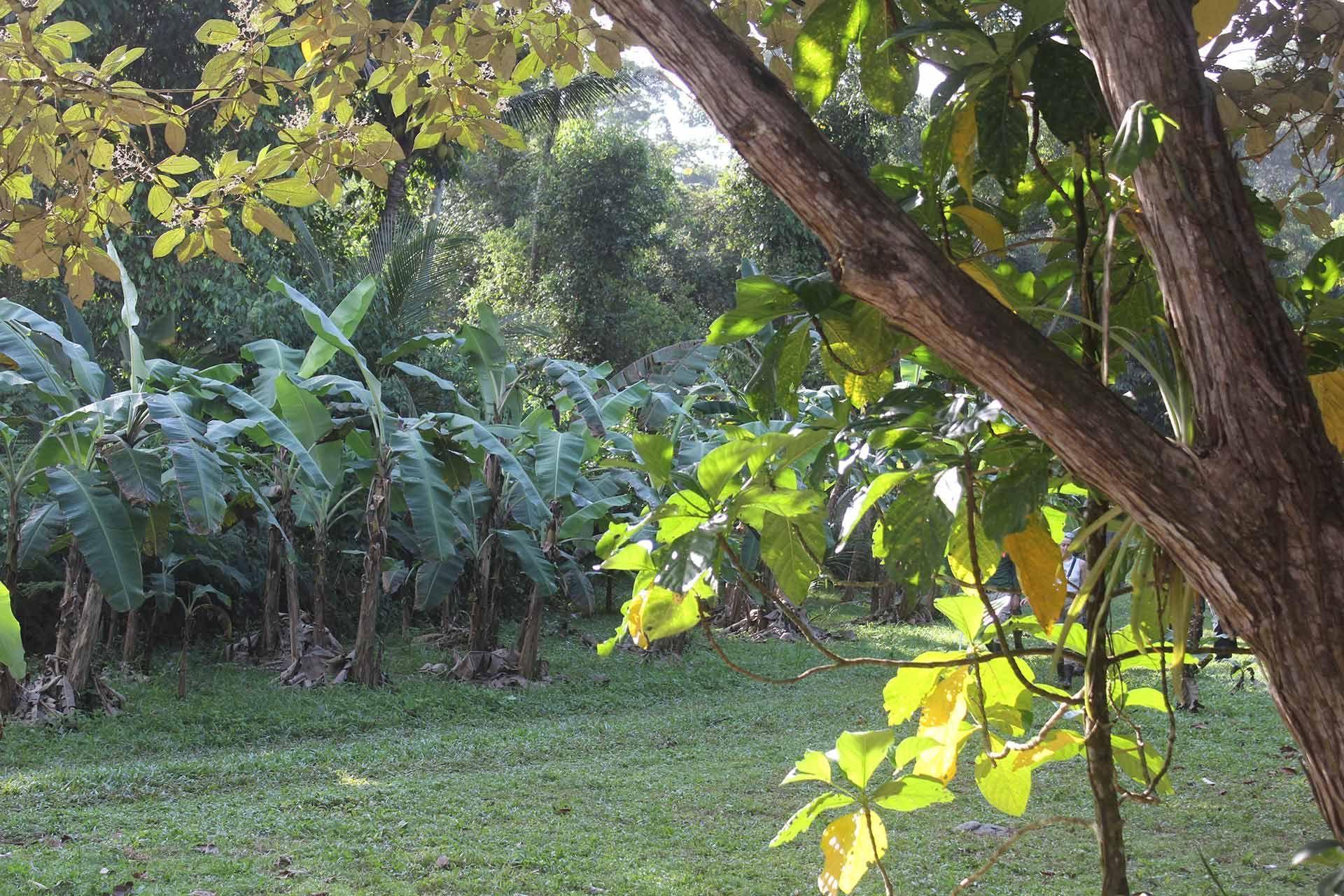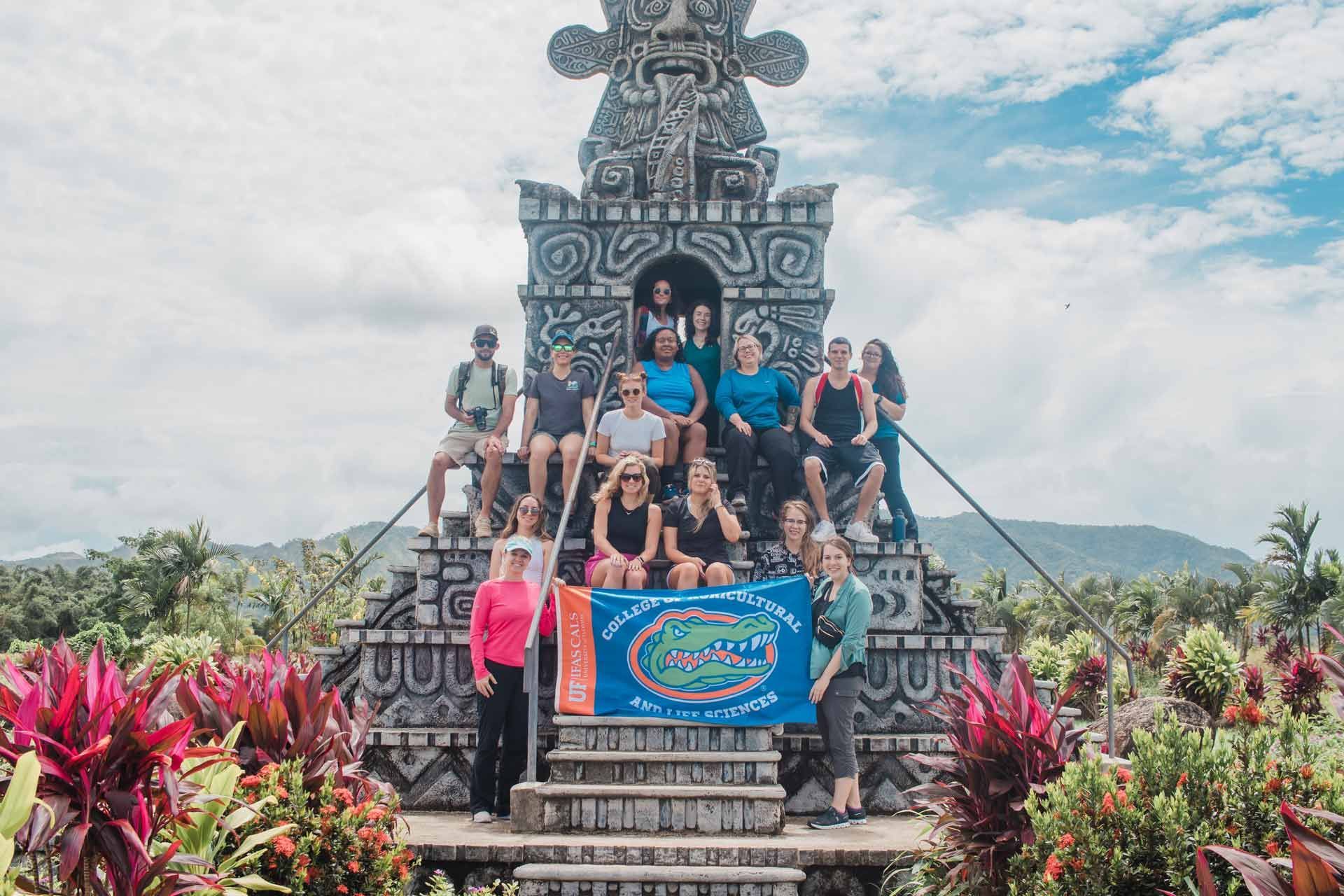Transportation and Healthcare
Intern in Belize 2015 fall participant Ms. B. Russell reflections blog article. The post Transportation and Healthcare appeared first on Toucan Education Programs Belize Blog.
One of the scariest parts about traveling to a foreign country by yourself is exactly that, traveling around by yourself. While some people may call me brave for coming to another country all alone, in reality it took me six weeks to get up the courage to leave the city I was in. Once I rode the bus for the first time though, I realized it wasn’t as scary as I originally thought it would be. Most people in Belize travel by bus or taxi. This is primarily because gas prices are so high that even people who own personal vehicles still end up taking the public transportation system. Gas prices here are sometimes double the price as in the US (even when factoring in the 2:1 money ratio).
As someone who has my Commercial Driver’s License (Class B) and has taken a rigorous driving safety course (for my CDL), riding on a bus here does tend to make me nervous. Belizean drivers don’t follow any of the protocol that is required to obtain a license in the U.S. In fact, I have two different friends from different towns in Belize who both told me that they can’t really drive, and that they acquired their licenses just because they knew someone who worked at the license bureau.
Tikal Maya Arch site in Guatemala
Rainbow after a rain storm in San Ignacio, Belize.
The buses will often start moving before people are safely on or off. If it isn’t raining outside, they just leave the door open and people will stand right at the door (halfway out of the bus). Cars will often pass other vehicles when coming up to corners or hills (and they can’t see very far in the distance). There was a little girl at a school who was hit by a car passing a school bus and killed a little over a month ago because the driver was careless. There is no traffic control or police officers monitoring speed limits. I have even seen drivers go the wrong way down one-way streets so that they can get to their destination faster! On more than one occasion different drivers I’ve ridden with almost hit someone or another vehicle. To say the least, there is a part of me that wishes I had my car with me because I know that I am a good defensive driver, and most Belizeans here are not.
The roads here in Belize are very rough. Another reason that many Belizeans prefer not to drive is because the roads destroy the cars. You almost have to have a car with four wheel drive, although most people do not. The few paved roads have several potholes, and it’s almost a game for the drivers to drive around them (again often going uphill or where you can’t see in the distance). Buses take a long time to travel by as well! Buses are by far the cheapest way to travel, but they stop every hundred feet making it a long trip. A one hour drive by car could take three by bus. Drinking and driving is also a huge problem here. Many accidents are alcohol-related because public intoxication is tolerated and the police don’t have difficulty enforce it.
Healthcare in Belize is very different from the United States. There are private hospitals and public hospitals. With the public hospitals, there is one big one that does all of the major surgeries and procedures in Belize City; then there are three regional hospitals in Belmopan, Dangriga and Orange Walk, and a few clinics located in towns further away. If a person needs healthcare and, for example, lives in a village outside of San Ignacio, their first response would be a person who lives in the village (if there is one) who is at least trained in at least basic first aid.
Then if they need further care (for example, they have a stroke) they would travel to Bullet Tree which is right outside of San Ignacio to the hospital. The hospital in Bullet Tree is a clinic – the only ward is a maternity ward. They would get stabilized there. If they need further care they would be then driven to Belmopan (an hour away). If they need surgery that Belmopan doesn’t offer they would then travel to Belize City (another hour and a half away). The hospitals are free, but often take a long time to receive help because of the amount of people that go there.
Some Belizeans who have more money prefer to go to the private hospitals (which do cost money), however the same doctors with the same training are at both the public and the private. Because traffic laws are not monitored here in Belize, ambulances often don’t have the right of way and cars won’t move out of the way from them. In fact, many cars will attempt to race the ambulance. While I know this isn’t a very common thing, there was an occurrence in September where a rat bit a baby at the Belmopan hospital in the baby’s crib. I know while this doesn’t happen often and the hospital has surely taken care of the rat problem by now, it still makes me nervous knowing that this could happen. There was a lady at my current placement who is elderly and placed in a room during testing without a shirt on. The air condition was turned up way too high, and she ended up developing a lung infection at the hospital (again in Belmopan). Needless to say, unless it was an emergency I would prefer the U.S.’s healthcare, even if it is free here. If a rat bit a baby in a hospital in the U.S., I am sure that hospital would get shut down.
One of my requirements for my internship at the Ministry of Education was that I got drug tested when I first arrived in Belize. When I went to the clinic for the test, they handed me a cup, and allowed me to go into a public restroom and just bring it back to them. In the U.S., when you get drug tested you have to go in a bathroom in the back, remove all jackets, purses, and empty out your pockets, and then the person administering the test has to seal it and initial that it hasn’t been tampered with. This is because people will sometimes buy clean urine so that they can do drugs – the U.S.’s way prevents this. Here in Belize, people wouldn’t even think about purchasing urine!

